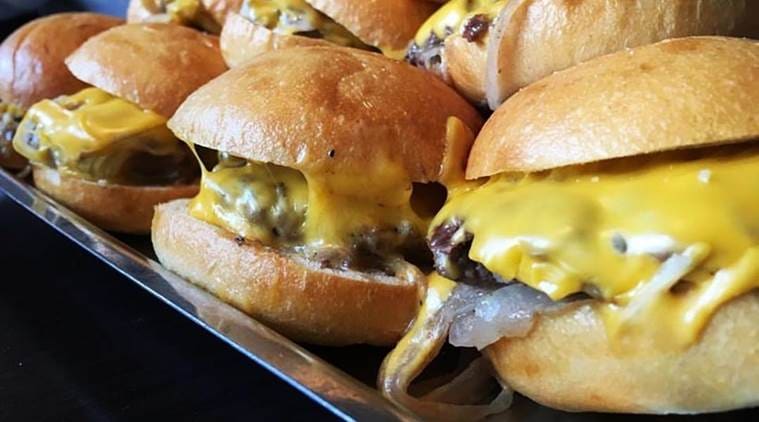
We often blame ourselves and our lack of willpower to control our cravings, specially when we fall sick or develop weight problems.The truth is, it’s not our fault. Craving food is not the sign of an emotional eating disorder. It’s a real biological disorder, driven by hormones and neurotransmitters that fuel cravings.
Our taste buds, hormones, and brain chemistry have been hijacked with the food and technology that has shaped our food habits. Sugar, processed food, flour and bad fats are the major culprits here. These lead to a disturbance in our gut microbiome, hormones, nutrients and neurotransmitters that control hunger and blood sugars. The result is imbalanced blood sugar levels and food cravings.
Most people crave carbohydrates and sugar — leading to uncontrolled overeating. From a heightened caffeine addiction to constantly consuming flour-based items and sweet foods, many people feel trapped in poor eating behaviour and diet patterns. This in large part explains why we are not only seeing an epidemic of type 2 diabetes and obesity but also heart disease, hypertension, Alzheimer’s and many common cancers.
But there’s good news! The corrections can lead to almost immediate effects and transform our eating behaviour. It is important to first identify some of these factors. While sugar, flours, processed foods and trans fats are known, the role of wheat, certain other grains and dairy is relatively new. Nutrients and other non-nutrient elements of our food like proteins, good fats, Chromium, Magnesium, Selenium, Zinc, B-vitamins, enzymes and fibres all contribute to balancing blood sugar levels and correcting imbalances.
Start with
Avoiding
*All processed food, wheat, corn, dairy and all forms of sugar, fruit juices and artificial sweeteners. Limit fruits to no more than one a day.
Avoid sugar-sweetened beverages, coffee and alcohol.
Including
*As many brightly-coloured non-starchy vegetables as you want in all meals and snacks. Try to include raw vegetables as juices and salads as well.
*Good quality proteins in the form of sprouts, lentils, pulses, nuts, eggs, fatty fish and organic meat.
*Healthy fats, coconut, avocado, nuts, seeds, cold pressed oils, butter, ghee and nut butters
Look out for food sensitivities like gluten and dairy. You may also have an imbalanced gut flora. Add detoxifying Epsom salt baths, deep breathing exercises, meditation, yoga or any other kind of movement you enjoy, and ensure good-quality sleep in the night. When needed, supplements and probiotics must me taken under the supervision of a qualified practitioner. Finally, remember the old adage which says ‘you are what you eat’. Simply put, you can change your relationship with food. It is worth working towards curbing your nagging cravings, as well as identifying and fixing your trouble areas for a lighter, leaner, happier and healthier you.
(Author is a clinical nutritionist and founder of http://www.theweightmonitor.com and Whole Foods India)